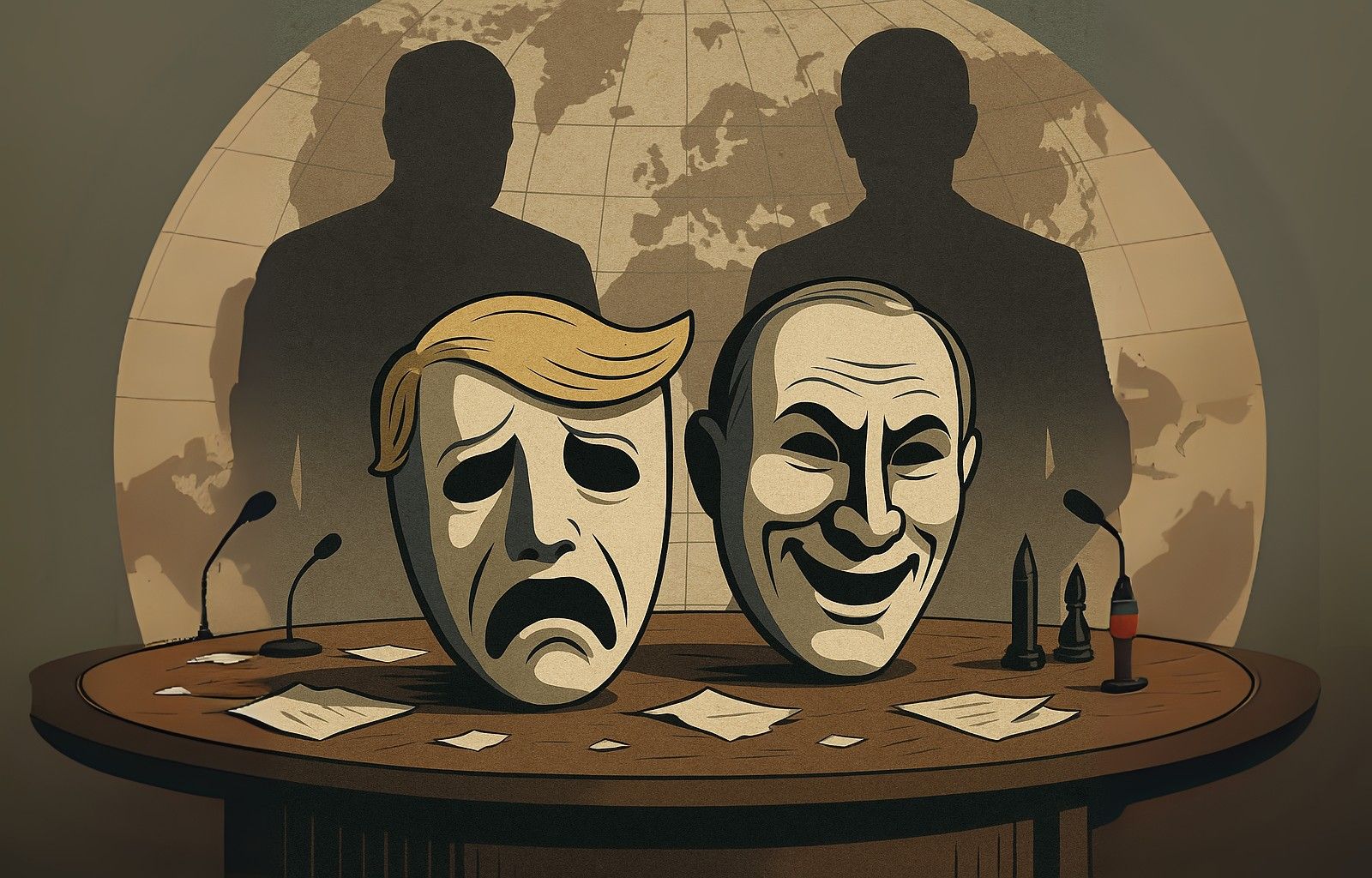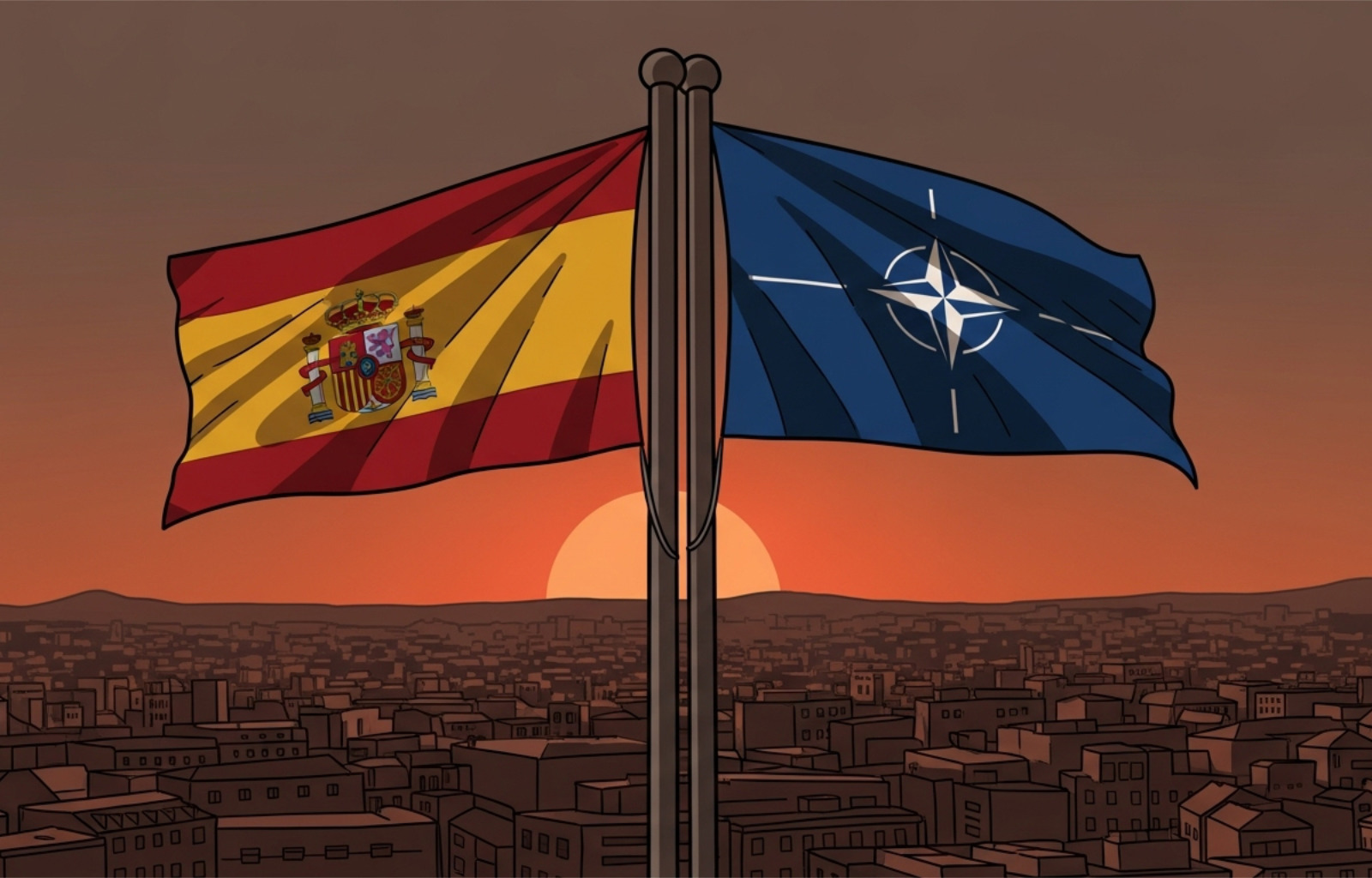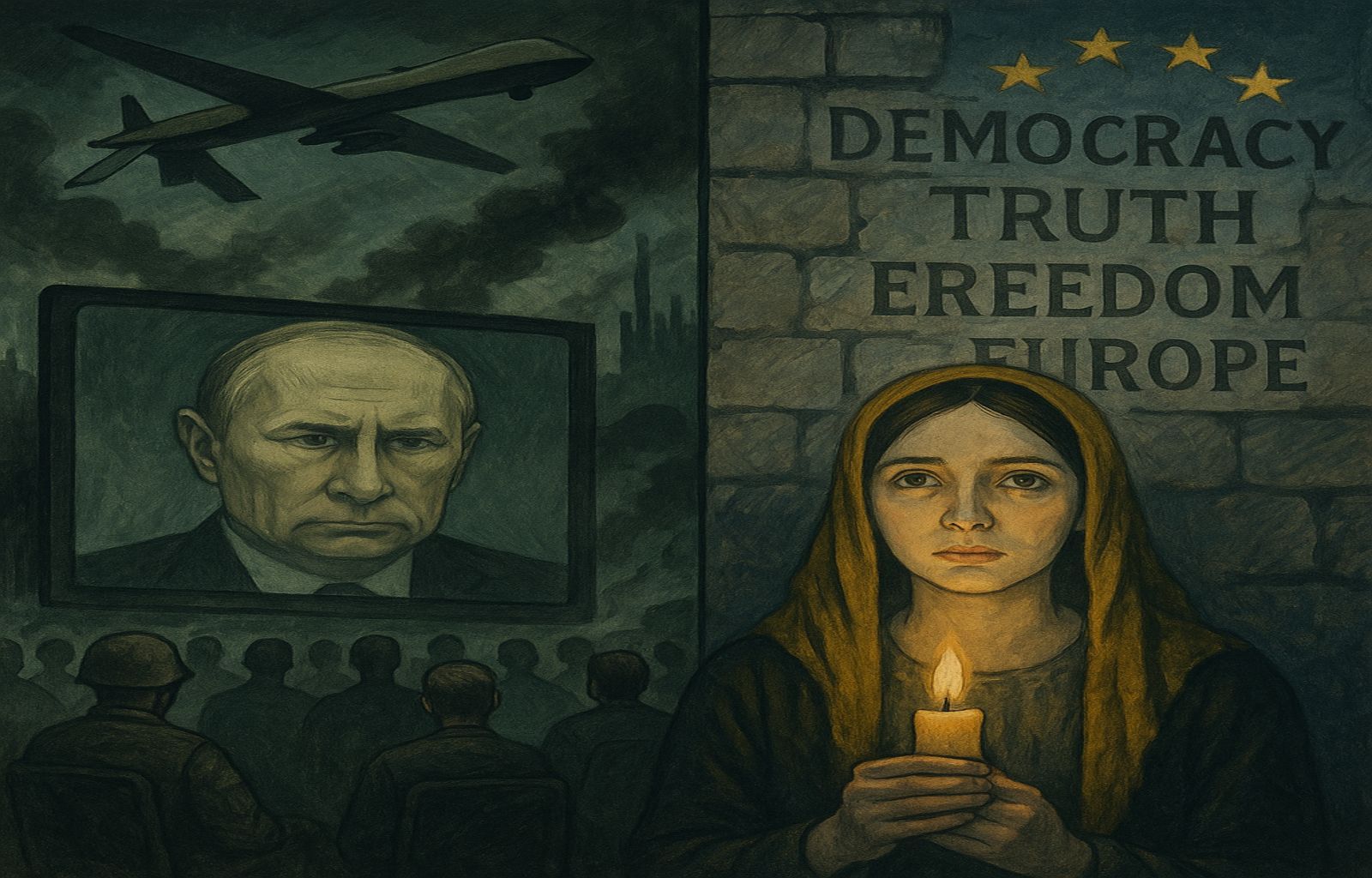Le Pen flees from the judges and Mélenchon from reality: France held hostage

France is going through one of the most serious political crises in its recent history. The government led by Michel Barnier, already in a precarious position, is threatened by a no-confidence motion that unites in an unprecedented way two opposing political forces: the Rassemblement National (RN) of Marine Le Pen and La France Insoumise of Jean-Luc Mélenchon. This unusual synergy reflects a fragmented political landscape and a deeply dissatisfied electorate.
The current context sees a divided country. After the disappointing performance of Emmanuel Macron ‘s party in the European elections, the president dissolved parliament, leading to early legislative elections that threw France into chaos, or perhaps simply photographed the reality of French society, divided and fragmented as never before. Le Pen consolidated her position, gaining many more seats than before, but not enough to govern. On the other hand, Mélenchon and his left-wing coalition capitalised on social dissatisfaction, but failed to present a unified and coherent vision.
Article 49.3 of the Constitution
In this scenario, Michel Barnier emerged as a compromise figure to lead a minority government that proved extremely fragile. His decision to use the controversial Article 49.3 of the Constitution to approve the social security budget without a parliamentary vote unleashed the wrath of an already fierce opposition. Now, its fate hangs by a thread. “It is not in theory convenient for her to drop it,” comments Francesco Maselli, L’Opinion’s correspondent from Italy, reached by telephone by L’Europeista, referring to Le Pen’s strategy, “Barnier could not approve anything without the votes or abstention of the RN. But Le Pen chooses no-confidence because on the one hand her base is very much in favour of such a choice, on the other hand the judicial calendar is involved‘.
Le Pen’s judicial affair
What does justice have to do with it? Marine Le Pen’s judicial situation is a key element. The leader of the Rassemblement National
is on trial for alleged misuse of European Parliament funds, accused of using these funds to pay parliamentary assistants who actually worked for the party. Prosecutors have asked for a five-year prison sentence and five years of ineligibility, with provisional execution, meaning that if convicted, ineligibility would be immediate, preventing her from running in the next presidential election in 2027. Le Pen has called these demands a‘political death penalty‘ and denounced what she sees as judicial persecution. In this, too, Maselli identifies a precise strategy: ‘Le Pen wants to anticipate possible decisions on her eligibility by trying to topple Macron and go to the presidential elections‘.
Andrea Verde, an expert on French affairs heard by L’Europeista, confirms the thesis: ‘It is evident in Marine Le Pen’s choices the trial in which she is implicated has an impact. We Italians should know how much the judicial vicissitudes of political leaders can guide their agenda‘. The trial against Le Pen has profound implications for the French political landscape. If convicted, her exclusion from the elections could reshuffle the cards within the RN, with Jordan Bardella, the party’s current president, emerging as the next presidential candidate. A quantum leap for a party historically centred on the figure of the leader, and a leader whose surname is Le Pen.
The square against reforms
Outside the palaces of power, France is in turmoil. Pension reforms and public spending cuts have triggered protests that have become symbols of general discontent. The streets of Paris and other major French cities are the scene of widespread rebellion, fuelled by a sense of alienation that affects all social classes. Even the trade agreement between the European Union and Mercosur has become an occasion for social protest.
The political crisis is intertwined with a difficult economic situation. The budget for 2025 envisages EUR 60 billion in cuts and tax increases that have met with fierce opposition. France is under pressure to reduce the public deficit, but any decision to do so risks further alienating an already exasperated electorate. Meanwhile, financial markets are watching with apprehension, fearing a crisis of confidence that could affect the entire European Union. ‘This is the worst political crisis of the French Fifth Republic, it turns the clock back to the instability of the Fourth Republic,’ Green adds.
The trap of extremes
In this context, the French electorate finds itself trapped in a dangerous game. The political alternatives are narrowing, and the risk is that the vote of no-confidence will become the catalyst for an even deeper crisis. Marine Le Pen and Jean-Luc Mélenchon, despite their contrasts, represent the two sides of the same coin – populism as a response to a system that many perceive as failing – but they have no chance of governing together.
Will France be able to get out of this dead end? At the moment, the only certainty is uncertainty.











